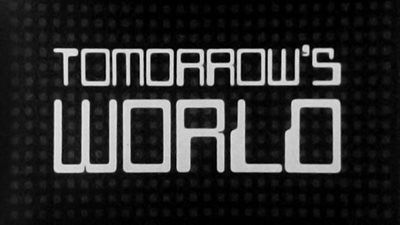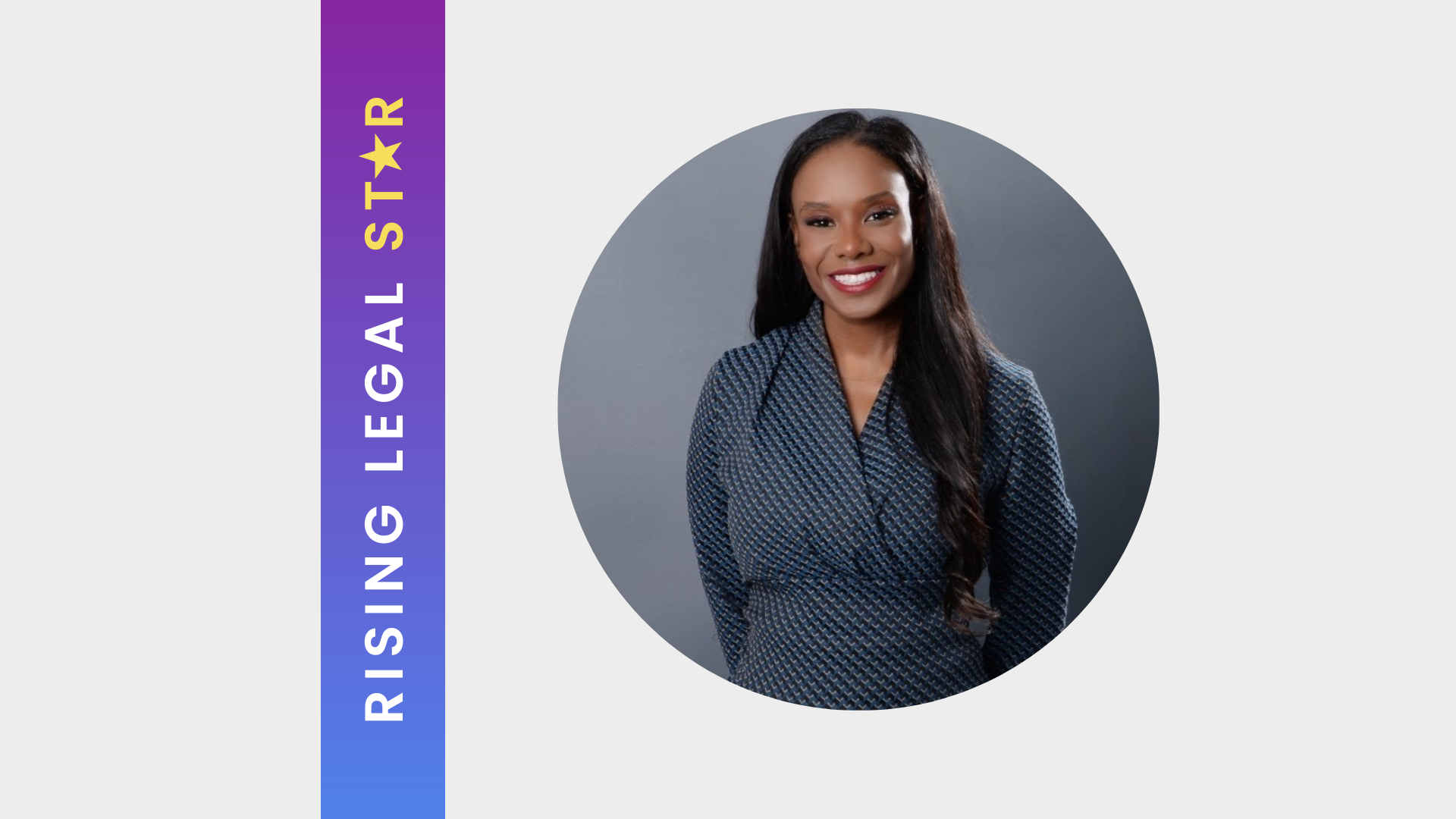Tomorrow's World: Part 1
Like many people my age, I fondly remember sitting cross-legged, mesmerised in front of the TV in our distinctly 1980’s front room, eagerly consuming great, now-cult animated shows such as Transformers, M.A.S.K., He-Man and ThunderCats. But the programme I remember with most affection was not animated – it showcased the wonders of the latest technological innovations – Tomorrow’s World.

The show, which ran for 38 years from the mid-1960’s was usually broadcast live, resulting in the occasional failure of its technology demonstrations, a risky strategy when dealing with flame-proof clothing or bulletproof vests, that only added to its appeal for this young viewer. Ever since then, I’ve been fascinated with what’s around the corner.
The pace of technological change today is incredible. Homo Sapiens first appeared around 200,000 years ago. We only invented the wheel 5,500 years ago, the steam engine 350 years ago and the iPhone just 11 years ago. Now every man and his dog have an app. From a commercial perspective, businesses don’t necessarily have to be the first to market with new technologies – some of the most successful adapt tech invented by others and introduce it to the mass market. To do this requires a finger on the pulse of breakthrough tech, which is an interest we at Hydrogen share with these organisations.
Our teams of specialists have a deep level understanding of emerging trends in technology, with an emphasis on their impact in business. We invest time and resources in thought leadership to stay at the forefront of the conversation about how developments in tech will change how, where and when we work, so in true Tomorrow’s World style, here are some of the changes we expect to see in the commercial world soon.
AI gets personal
As the Internet of Things (IoT) – devices that are connected to the internet – grows, our data is being harvested at every possible opportunity, so much so that it is impossible for humans to process it all. Fortunately, AI is on hand to analyse this Big Data in such a way that it ‘learns’ to interpret it – a process known as machine learning, so disruption in business, and therefore opportunity and risk, is largely going to come from new ways of processing and interpreting Big Data.
AI speaks up
It's predicted that AI bots will power 85% of customer service interactions by 2020 and will drive up to $33 trillion USD of annual economic growth. Much of this will be via voice assistants. Our familiarity with Apple’s Siri and Amazon’s Alexa means it's likely that we'll expand our use of voice assistants in our day-to-day lives elsewhere. We interact with these trailblazing devices today out of choice rather than necessity, which means that when the tech appears elsewhere, we’re more likely to engage readily, rather than shy away.
From a commercial point of view, just as those who adapted first to dominate online search via paid ads and SEO added to their bottom line, it will be the businesses that optimise for Voice Search that will get a head start on their competition.
Marketing automation
The marketing industry is increasingly implementing tools and automation to get the job done, allowing them to deliver more personalised messages to people, improving the experience for their customers, whilst simultaneously selling more product.
Over the next few years, it's likely that these tools will rely more on AI and machine learning technologies as they continue to strive for personalisation. In the same way that Netflix bases its recommendations on what other people with similar tastes have enjoyed, the next generation of marketing tools will use AI and machine learning to make communications more relevant than ever.
Self-driving transport
AI is the tech behind autonomous driving systems, and you don’t need a crystal ball to predict that the self-driving car will become a reality, if not the norm, in the very near future. They are insanely safe – Google’s self-driving car drove 1.8 million miles and was involved in just 13 accidents - all of which were caused by the other car. They're so safe that driving manually may even become illegal, which is bad news for professional drivers, but good news for the 1.3 million people who die in road traffic accidents every year.
Henry Ford famously said that if he’d have asked people what they wanted, they’d have said a faster horse. Today, people tend to picture the self-driving car just like the car of today with no one at the wheel. However, the self-driving revolution could change the way we travel, work and commute forever. If a vehicle drives itself, why limit the interior to a few forward-facing seats? Imagine a cross between the train seating of today and a luxury motorhome. Imagine going to sleep at your home miles from the city, then waking up, showering, changing and stepping out of your autonomous luxury transport outside your office. And that’s even if you need to travel for work…
The Remote Working revolution
Despite more and more people embracing remote working, it’s not yet reached a tipping point where it’s the norm and where those people who waste their most precious commodity - time - commuting for two hours a day into a physical office are viewed as strange. One of the reasons why not has been the difficulty of monitoring and measuring output from knowledge workers - something which many companies don’t monitor well on-site either but take comfort from the fact that while their employees are there they are contributing.
As mentioned above, AI will enable deep and meaningful processing of Big Data, which could include measuring employee performance - and once this last pillar of resistance is broken, the huge cost savings as well as employee satisfaction improvements to businesses will be there to be realised.
These potential changes in Transportation and Remote Working driven by AI could have also have profound effects on public transportation and property values, leading to huge opportunities for those poised to take advantage. And in other news of something coming soon – Tomorrow’s World: Part 2 will be looking into the future of the Banking sector, so stay tuned!
Our latest insights







